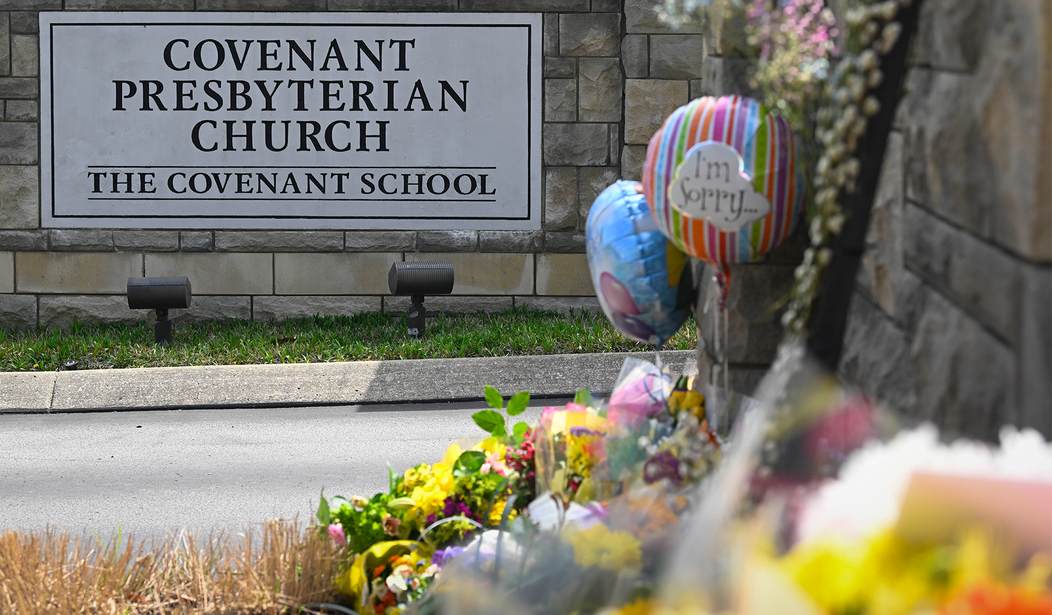Six months after the Covenant School shooting in Nashville, which left six people dead, a Tennessee Court of Appeals panel heard arguments on Monday over the disposition of the shooter’s manifesto, which has not been released to the public. This development stems from a lawsuit filed by the National Police Association against Nashville and Davidson County.
The legal action is a response to refusals to comply with a Freedom of Information Act request to disclose records related to the shooter. The panel has not yet issued a ruling, but it is possible that we might be a step closer to understanding the shooter’s motives.
Monday a three judge panel heard arguments from those who want the writing's released, and others who say that would only do more damage.
The appeals hearing stems from a lawsuit filed by the National Police Association against Nashville and Davidson County after a Freedom of Information Act request seeking records was rejected.
Early on in the investigation, Metro Nashville Police Chief John Drake said the shooter left behind a journal in the car at the school parking lot. The lawsuit filed on behalf of the National Police Association seeks to have the writings of shooter released to the public.
Paul Krog, an appellant, noted that people on both sides of the issue “believe they will be able to prevent future school shootings with their arguments.”
The National Police Association and the Tennessee Firearms Association argue that releasing the manifesto would help local governments create strategies to prevent future school shootings. On the other side, people insist that publicizing the documents could possibly inspire other school shootings. “There’s a very real risk that if the shooter’s writings are released, one or more children may harm themselves,” said Eric G. Osborne, an appellee representing the other side.
The plaintiffs in the lawsuit aim to release not only the manifesto, but also all internal records, emails, texts, and communication within the Metro Police Department related to the shooter and her motivations. Those arguing for transparency point out that understanding the reasons why the shooter committed the act is critical for public awareness and policy.
Conversely, those arguing for concealing the manifesto, including some of the families of the victims, could inspire copycats. “No good can come from releasing the dangerous and harmful writings of a mentally-damaged person,” the parents said in a legal brief.
Much of the debate around this matter is centered on political concerns due to the shooter being transgender. Critics have argued that keeping the manifesto hidden is an effort to cover up indications that the shooter’s gender identity could have played a role in the shooting. Government officials have not confirmed whether this claim has merit, which has only fueled speculation on this issue.
This case embodies a clash between the public’s right to know and concerns about public safety. The court’s decision could set a significant precedent that goes beyond Nashville and might affect how other law enforcement agencies handle these matters going forward. Until this case is resolved, the question will remain: Will the nation ever get to understand what motivated the shooting?












Join the conversation as a VIP Member